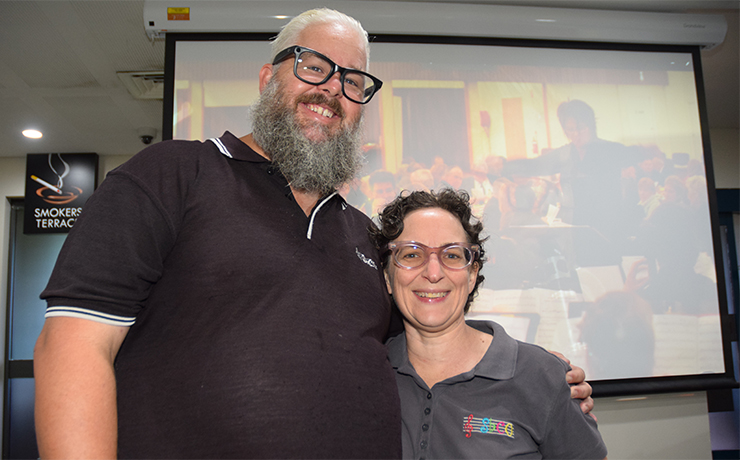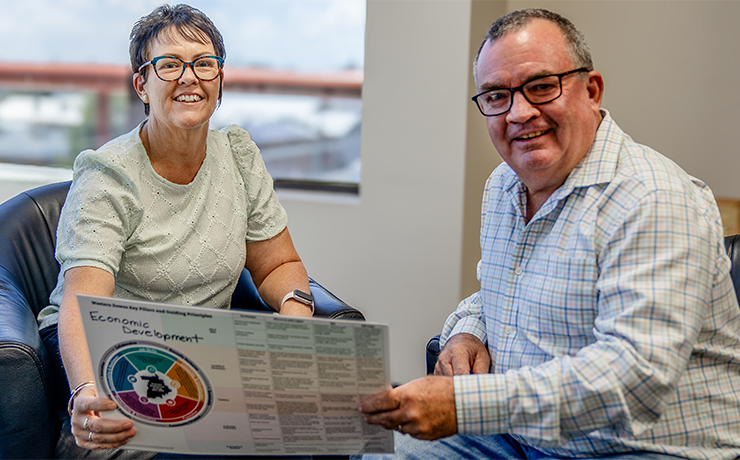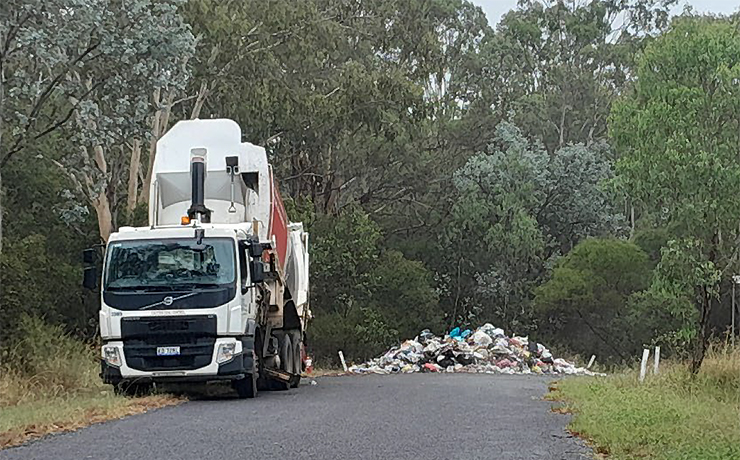
March 10, 2023
The Royal Australian College of General Practitioners (RACGP) has warned that vexatious complaints are out of control and damaging the morale of GPs.
It comes after a poll of 1290 GPs revealed that 80 per cent of respondents had been subjected to what they felt was a vexatious complaint.
The number of complaints received by the Australian Health Practitioner Regulation Agency (AHPRA) has also risen significantly.
AHPRA has attributed the rise partly to an increase in patient complaints due to the COVID-19 pandemic and vaccine rollout, noting it had recorded 1303 notifications related to the pandemic.
RACGP president Dr Nicole Higgins said GPs deserved better.
“GPs and practice teams are needed by their communities more than ever before and too many of us are having our lives turned upside down by vexatious complaints,” she said.
“The regulatory complaints system is in place for a reason; however, it is being misused by a small minority of unreasonable patients and this is taking a huge toll on GPs.
“Over the last few years, we have kept our practices open during a pandemic with many practices experiencing headaches such as shortages of personal protective equipment.
“We have helped patients who have delayed or avoided care including those with mental health issues. On top of all that, we endured a troubled COVID-19 vaccine rollout with poor or non-existent communication from government about seemingly never-ending eligibility changes.
“Trust me, we don’t need any more on our plate or another problem to manage.
“In our submission last year to the National Health Practitioner Ombudsman’s review of the complaints mechanism, we highlighted the enduring impact misuse of the process can have.
“It requires a large time commitment to formulate the necessary response and get a fair go. The thing is, even if you are found innocent, the stress caused by the entire process can linger for a long time. GPs should be focussed on patient care, not complaints brought about by people misusing the system.
“I’m glad to report we are making some headway.
“Last week I met with the Chair of the Medical Board of Australia Ann Tonkin, and she advised that they now have a triage process in place for frivolous complaints to reduce the impact on the clinician. That is great news and I urge them to make sure that this process has an impact, it’s time to give GPs a break.”
RACGP Vice President and Queensland Chair Dr Bruce Willett recently spoke about his experience handling a trivial complaint.
“I know from personal experience the toll a vexatious complaint can take,” he said.
“In December 2021, a patient who refused to wear a mask became abusive to front desk staff and I simply asked her to sit outside and noted that her behaviour was inappropriate.
“I felt it was important to stand up for the practice staff, particularly since they had been through so much dealing with frustrated and aggressive patients throughout the year.
“This patient put in a complaint that I had yelled at her, which was not true, and it took 10 months for the complaint to finally be dismissed without action.
“In that time, it took around 35 hours of writing reports and going back and forth with medical defence and having it constantly weigh on my mind during the working day and at night.
“Keep in mind that it was my first complaint in three-and-a-half decades of practising as a GP.
“It was incredibly stressful and time consuming and so many GPs are experiencing this in communities across Australia.
“This problem has persisted for too long and it is getting worse. Medical defence organisations have noticed an increase in the number of vexatious complaints against GPs, particularly since COVID-19, and that the personal toll from a drawn-out process includes a deterioration in mental wellbeing.
“So, enough is enough, let’s change the regulatory process and let GPs get on with the job of helping patients.”

























